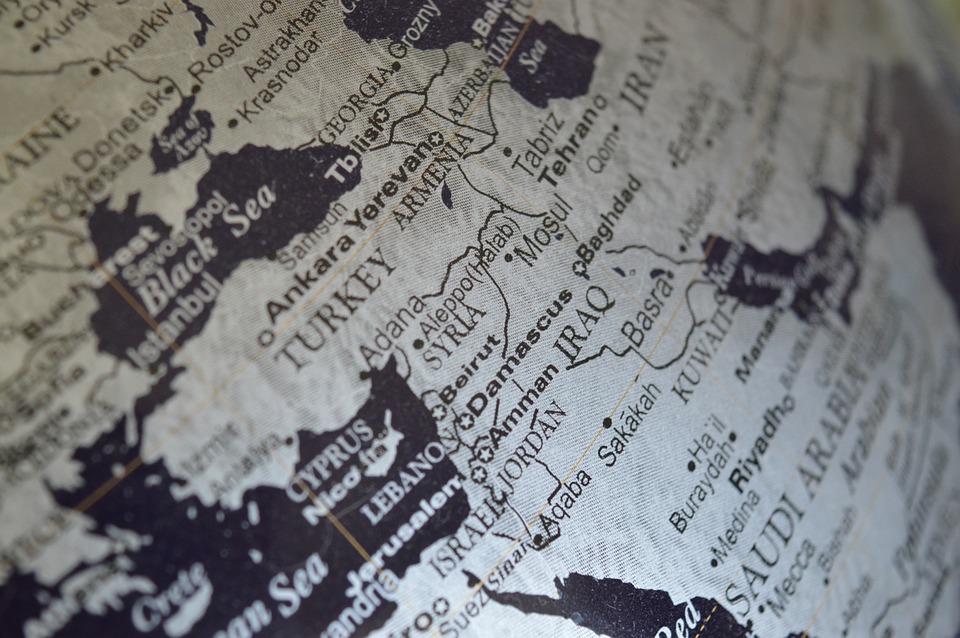Over the years, the various U.S. initiatives for the region have always been about two things: promoting peace and upgrading America’s status.
American peace plans are bound for failure because they tend to discount the complexities of the violent Arab-Muslim reality and because they are wedded to oversimplified solutions, wishful thinking and quick fixes.
The plans have been plagued by a never-ending clash between the West’s desire for short-term agreements for the sake of convenience and the need for arrangements that serve real national security interests over the long haul.
The plans have been undone by the volcanic eruptions in the Arab-Muslim world since the seventh century: a violent tribal-religious-ideological fragmentation, intolerance, a lack of regional and local coexistence, minority-led regimes that deny human rights, unstable governments and flawed agreements.
Other factors that doomed those plans include misguided insights that frame the Arab-Israeli conflict as a Middle Eastern conflict, and trace the regional terrorist activities to the Palestinians issue because it is “the root of the conflict.”
The so-called Arab Spring, which had nothing to do with the Arab-Israeli conflict and the Palestinian issue, led to the collapse of these insights. The focus on the Palestinian issues, when the U.S. and its allies face much greater threats, has eroded America’s deterrence, as well as its regional and global status.
U.S. peace plans have always tried to make Israel make far-reaching concessions that undermine its very existence while rewarding systematic violence. This is why they only further encouraged terrorism. They have always drawn an immoral equivalency between the Arab/Palestinian aggressor and the Israeli victim; between Islamic terrorism and the Israeli counterterrorism measures; between America’s most reliable ally and the Palestinians, who have consistently allied themselves with America’s enemies and adversaries (Nazi Germany, the Soviet bloc, Iran, Saddam Hussein, Osama bin Laden, North Korea, Cuba and Venezuela).
All of the peace plans have made the Palestinians become even more radicalized, making peace even harder to achieve and only hurting the United States and turning it into a preferred target for Islamic terrorism, despite the heavy American pressure on Israel.
William Rogers, Henry Kissinger, Ronald Reagan, George H.W. Bush, Bill Clinton, George W. Bush and Barack Obama, as well as others, all tried and failed. But despite the serial failure on this front, the United States has played a vital role in the peace agreements with Jordan and Egypt, and in promoting cooperation between Israel and pro-American Arab states in the Persian Gulf.
America must learn the lessons of its failures. It must not present another version of its past plans. It would be well-served by leveraging its game-changing influence and capabilities in a way that promotes strategic initiatives for direct ties between Israel and its neighbors, which would help counter the regional turbulence and bolster Israel’s national security.
Yoram Ettinger is a former ambassador and head of Second Thought: A U.S.-Israel Initiative.

























